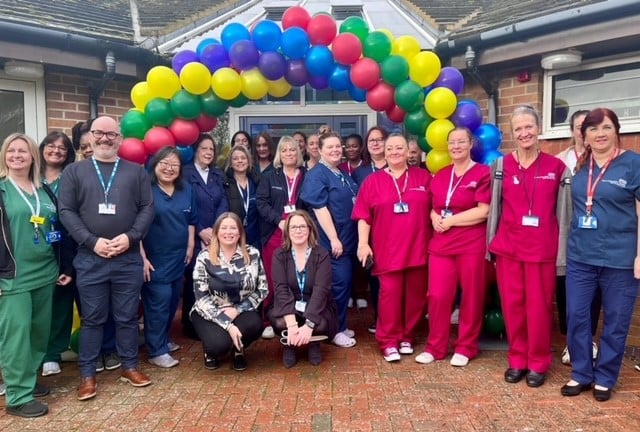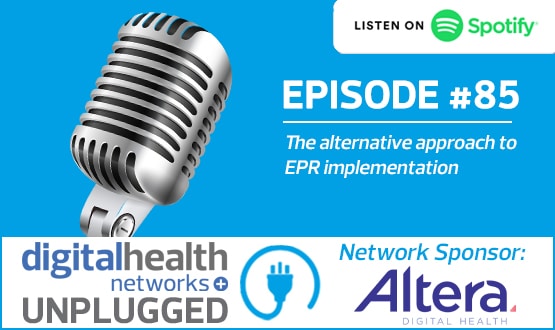Leeds Teaching Hospitals demands a little ReSPECT for patients
- 25 May 2018

Leeds Teaching Hospitals NHS Trust is incorporating patients’ emergency care plans into to their electronic care record, to ensure individual treatment wishes are adhered to in difficult situations.
The Recommended Summary Plan for Emergency Care and Treatment (ReSPECT) is an emergency care plan for recording recommendations arising from discussion between clinician and patient, or those close to the patient.
It covers several vital aspects of care, including resuscitation and end-of-life treatment preferences, and can accessed by medical teams throughout Leeds Teaching Hospitals NHS Trust as well as any other healthcare organisation in Yorkshire.
Currently, patient’s treatment preferences wishes are often recorded on paper, such as in DNACPR (Do Not Attempt CPR) forms. This can make them difficult to locate in an emergency.
Because the ReSPECT form is part of the electronic patient record, all clinical notes and emergency preferences can be found in one place.
Richard Corbridge, chief information officer of Leeds Teaching Hospitals, said: “This is crucial information for our medical teams to be able to provide the right care for patients in emergency situations and having it in systematically recorded and immediately available will make a real difference.
“Connecting the ReSPECT form to our own electronic health record is another step to creating a genuinely integrated care plan which can be accessed by anyone providing care to patients.
“We are keen to work collaboratively with other organisations to share best practice and support the roll out of the electronic ReSPECT form across the NHS.”
As well as advanced care decisions and preferences, the new ReSPECT form also allows any patient to record advance decisions to refuse treatment and lasting power of attorney.
Dr Adam Hurlow, consultant in palliative care, said this provided greater confidence to both patients and the clinicians delivering their care.
“These can be difficult conversations of patients, their loved ones and clinicians but we want to ensure patients can tell us how they would wish to be treated should their condition deteriorate, including things like resuscitation,” Dr Hurlow added.
“As a doctor, I feel much more reassured that the difficult discussions I have with my patients are recorded and shared correctly and they will be looked at and taken into account when the time comes.
“It also means that if I’m looking after a patient I’ve not met before, who can’t tell me what they want, I can be more confident I am acting in accordance with their wishes.”





3 Comments
emergency care plants?
Dock Leaf
London has CMC which is accessible by London Ambulance, 111 and out-of-hours GP services and supports ReSPECT.
Comments are closed.